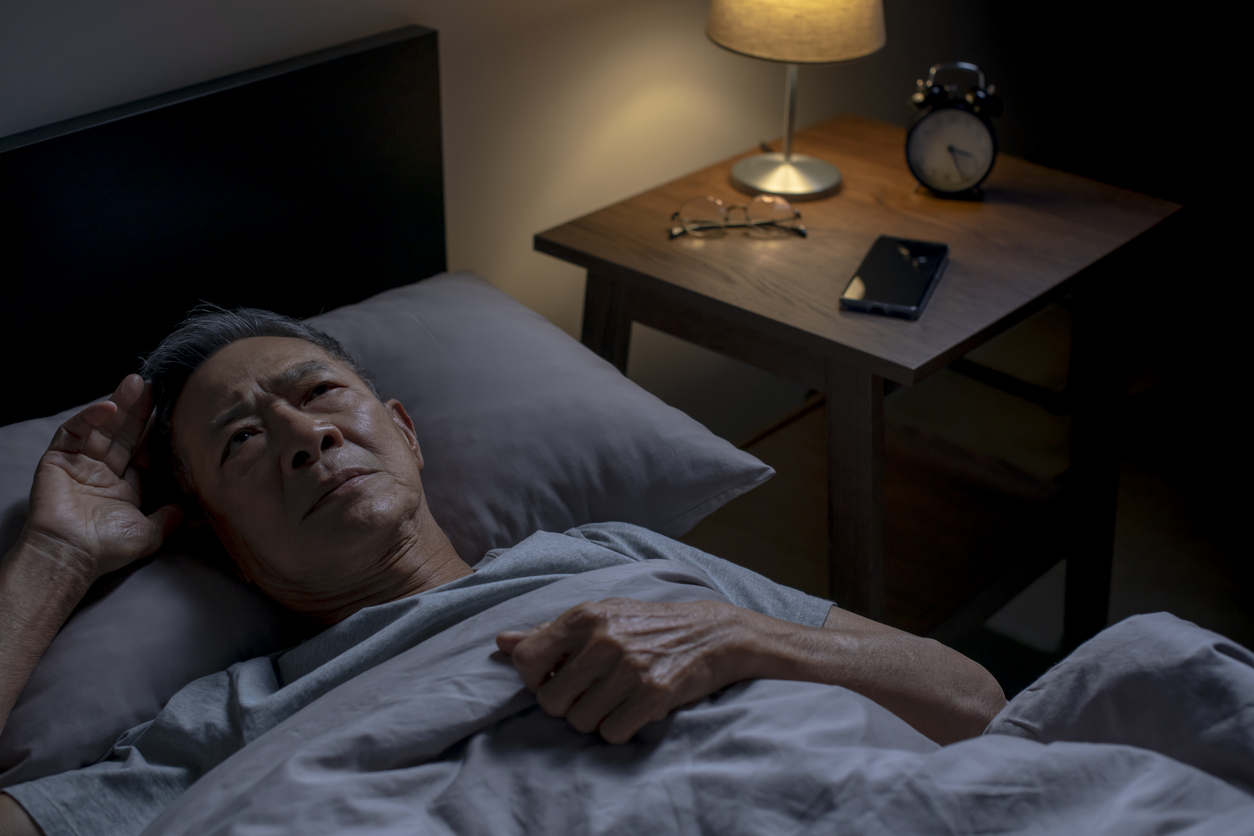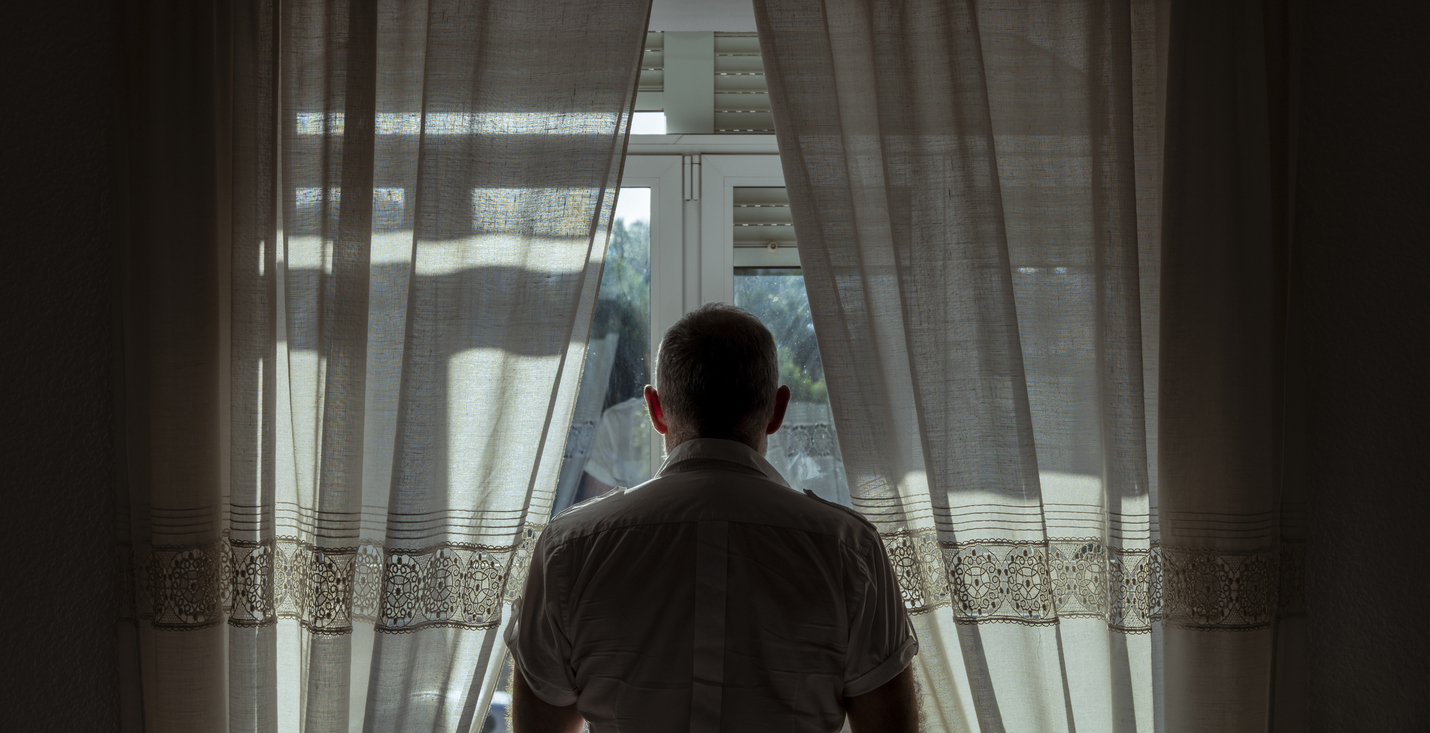Who is Not a Good Candidate for Ketamine Therapy?
More than 17 million adults in America alone have a diagnosable depressive disorder. It is estimated that one-third of this group experience resistance to treatment. Despite trying multiple methods of treatment involving medications and behavioral therapies, they do not find relief. Treatment-resistant depression can make you feel hopeless and like there is no solution to your problem. Worsening depression can lead to suicidal thoughts, plans, and attempts. Ketamine therapy helps those with treatment-resistant depression and erases thoughts of suicide for many people. It may be a good solution for you also. Keep reading to learn more about who is and who is not a good candidate for Ketamine therapy. Considerations for Who Is Not a Good Candidate for Ketamine Therapy When considering treatment options for depressive disorders, your psychiatrist will conduct a comprehensive assessment to ensure you can benefit from Ketamine therapy. Treatment considerations include the following: Severity of depressive …





